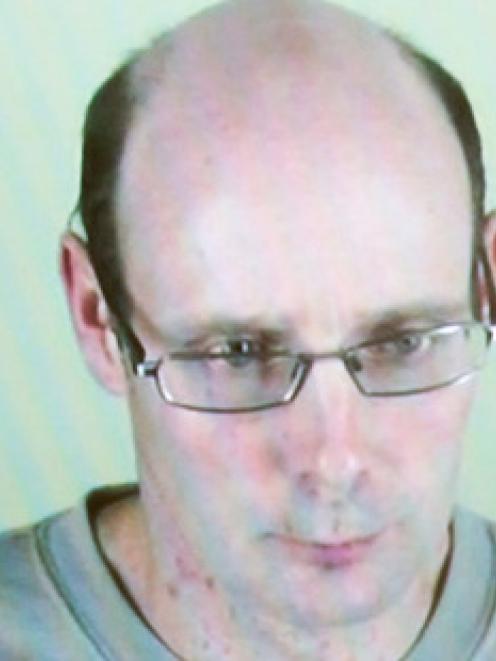
The convicted killer and paedophile's escape to Brazil in December has also prompted officials to ramp up GPS tracking and cut temporary releases for prisoners by 25 per cent, Corrections boss Ray Smith told a Parliamentary committee yesterday.
Smith fled to Rio de Janeiro for 10 days while on temporary release from Spring Hill Prison, before being recaptured.
Corrections officials were asked by members of a select committee what changes had been made in response to the high-profile blunder.
Mr Smith said information-sharing gaps had been addressed and up to 10,000 names of potentially risky offenders had been sent to the Customs Service to assist with detection of fugitives looking to leave the country.
"That has simply never, ever happened before," Mr Smith said, adding: "We have lifted the bar and the criteria has been heightened on all prison activity that happens outside the wire."
Sharing the names with Customs had to be done carefully to ensure innocent namesakes were not apprehended at the border, he said.
Phillip Smith evaded detection by using an alias to gain a passport with help of a member of the public.
The Corrections chief executive said aliases were "quite problematic" for the justice system because nearly every prisoner had alternative names or spellings. All of these aliases were noted in a Corrections database, he said, but they had not yet been shared with other agencies.
"That's a lot more difficult," Mr Smith said.
Some questioned why Smith was not being monitored with a GPS ankle bracelet.
Mr Smith said GPS technology had only been introduced in New Zealand two years ago, and at the time of Phillip Smith's escape was limited to people on community probation.
That policy had now changed, and GPS was being used on "all people where it makes practical sense on work-to-release programmes".
The release of prisoners to work had been cut back since Smith's escape by 25 per cent -- mostly prisoners who had no parole release date.
Mr Smith said: "Those are people we decided we needed to have another look at because of their risk threshold. They've been brought back in while we do that."
He also noted that Phillip Smith, also known as Phillip Traynor, was helped by a number of people, and no system could erase every possible avenue of escape.
Smith's sister has been charged with helping him flee, and another person has been jailed for helping Smith acquire a passport.
Two Corrections officials have been suspended, and another two staff have been censured for their handling of the matter.
"If people collude and undermine the system, it's hard to protect against those things. It doesn't matter what system you build," Mr Smith said.
- Isaac Davison of the New Zealand Herald












